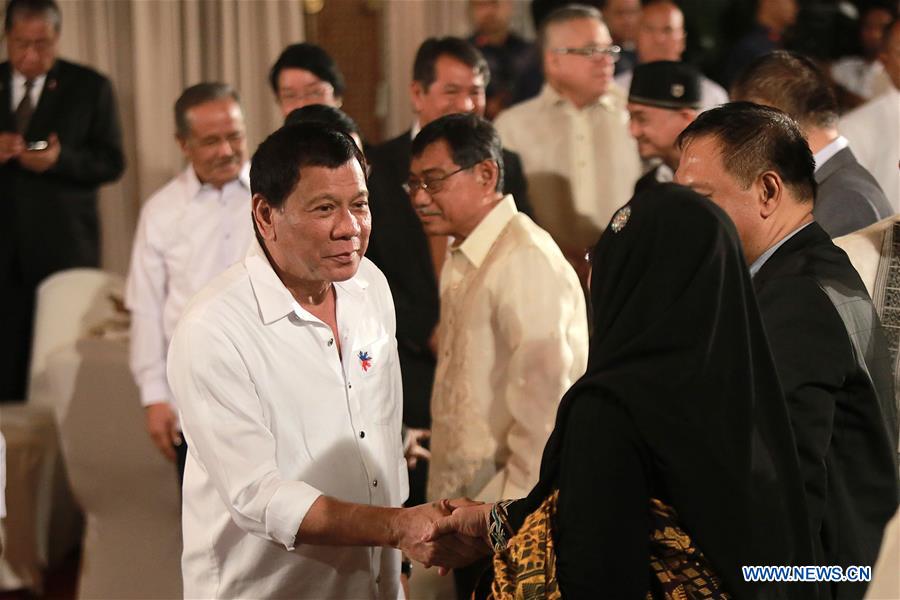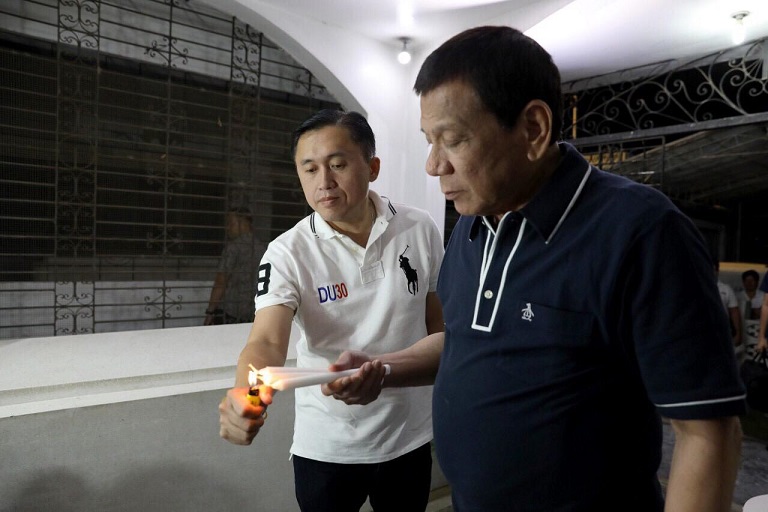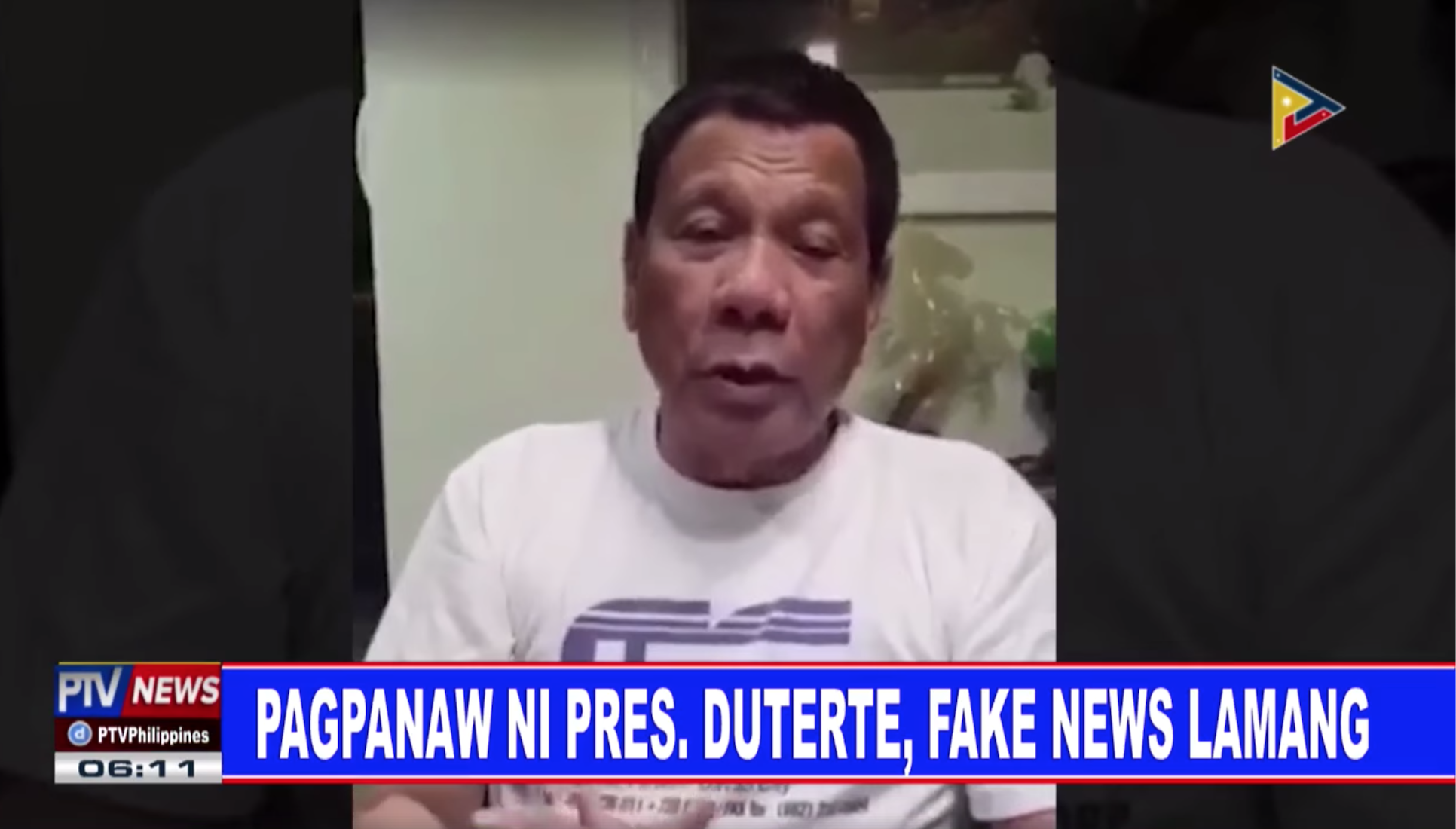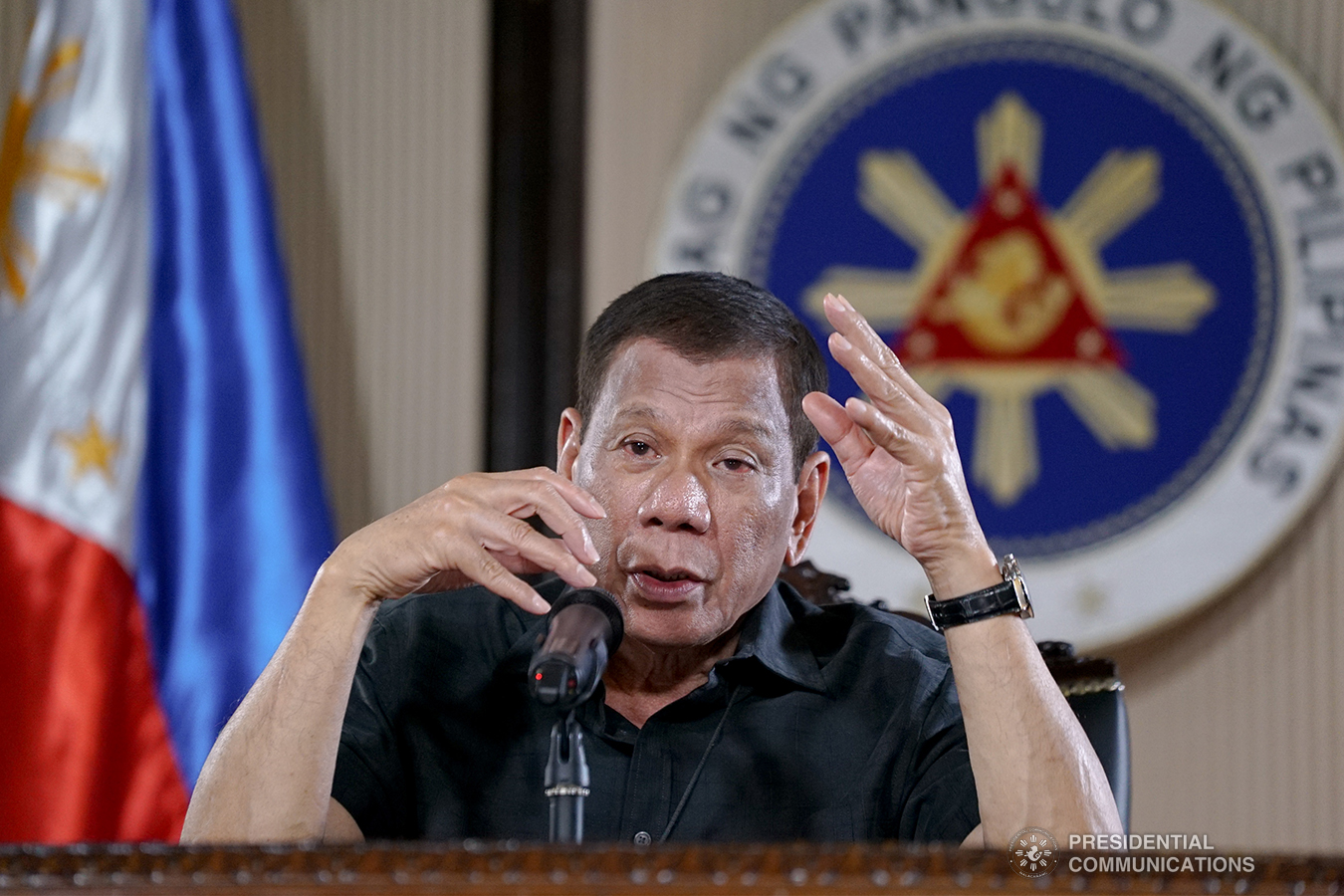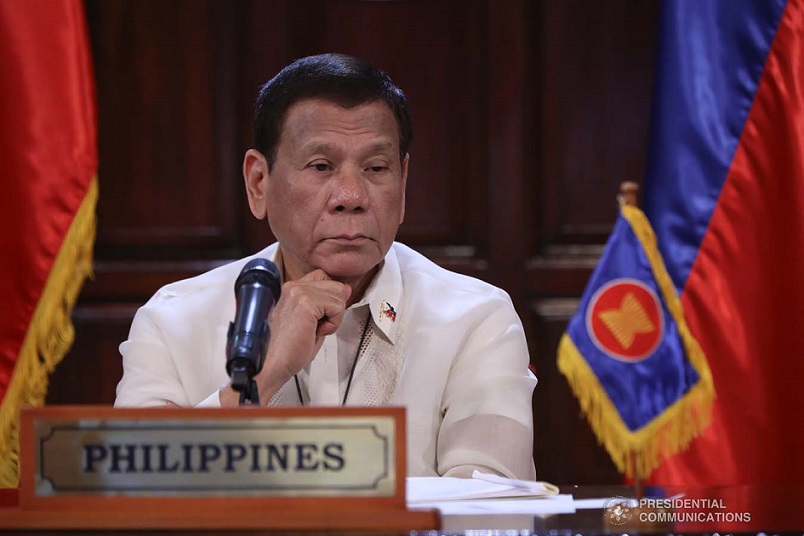Legal luminaries urged the Supreme Court (SC) to exercise judicial activism following its dismissal of a petition urging President Rodrigo Duterte to reveal publicly his health condition.
In an online forum entitled Sulong Mandamus: A Forum on the People’s Constitutional Right to Know the Status of the President’s Health, lawyers Christian Monsod, Felicitas Aquino-Arroyo, Mel Sta. Maria, and veteran journalist Vergel Santos, trustee of the Center for Media Freedom and Responsibility (CMFR), asserted that it is well within the public’s right to know the state of the president’s health, especially at a time when Filipinos are grappling with a pandemic.
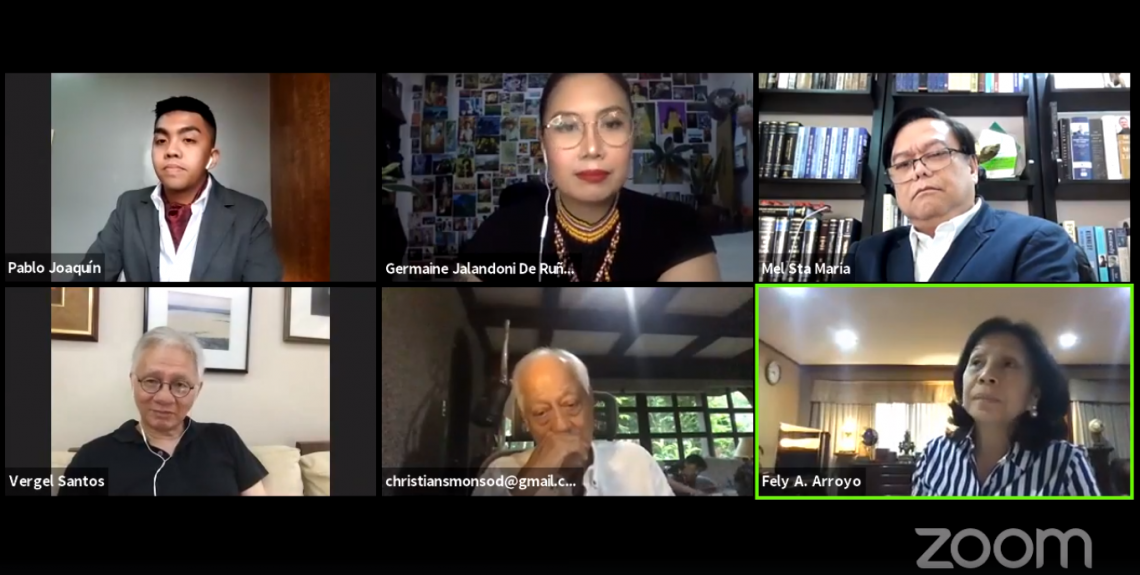
Sta. Maria called on the Supreme Court, as the final arbiter on the public disclosure of the president’s health, to go beyond legal and constitutional precedence “in favor of protecting individual rights or serving a broader political interest.”
Earlier, the Supreme Court junked in a 13-2 vote the petition for mandamus filed by lawyer Dino de Leon, urging the president to make public his health records.
In a 42-page plea, De Leon invoked the constitutional provision requiring the public disclosure of the president’s state of health in case of “serious illness,” or Section Sec. 12, Art. VII of the 1987 Constitution.
“We hope that the high court will reconsider their resolution in the context of the abnormally difficult times for the country, with potentially fatal effects on public health and the economy,” said Monsod, one of the framers of the 1987 Constitution.
The SC dismissed the petition in May, a month after it was filed, without requiring the respondents to comment.
The decision stated that the petitioner “failed to establish a prima facie case (case of first impression) for mandamus” such as: “that the relief the petitioner was seeking to constitute the performance of a ministerial duty” and; “that there is a clear legal right on petitioner’s part to demand the performance of these ministerial duties.”
For Aquino-Arroyo also, one of the framers of the 1987 constitution, any constitutional government, such as the Philippines, is always driven by transparency.
“The President owes it to the public to disclose, as a matter of governance, whether or not he is fit to do his job,” she explained.
Sta Maria, dean of the Far Eastern University (FEU) Institute of Law, views the matter as basic because, at its core, the matter is of public interest.
“A governing leader must have a capable, composed, rational mind because an irrational mind can bring the country to disaster,” he added.
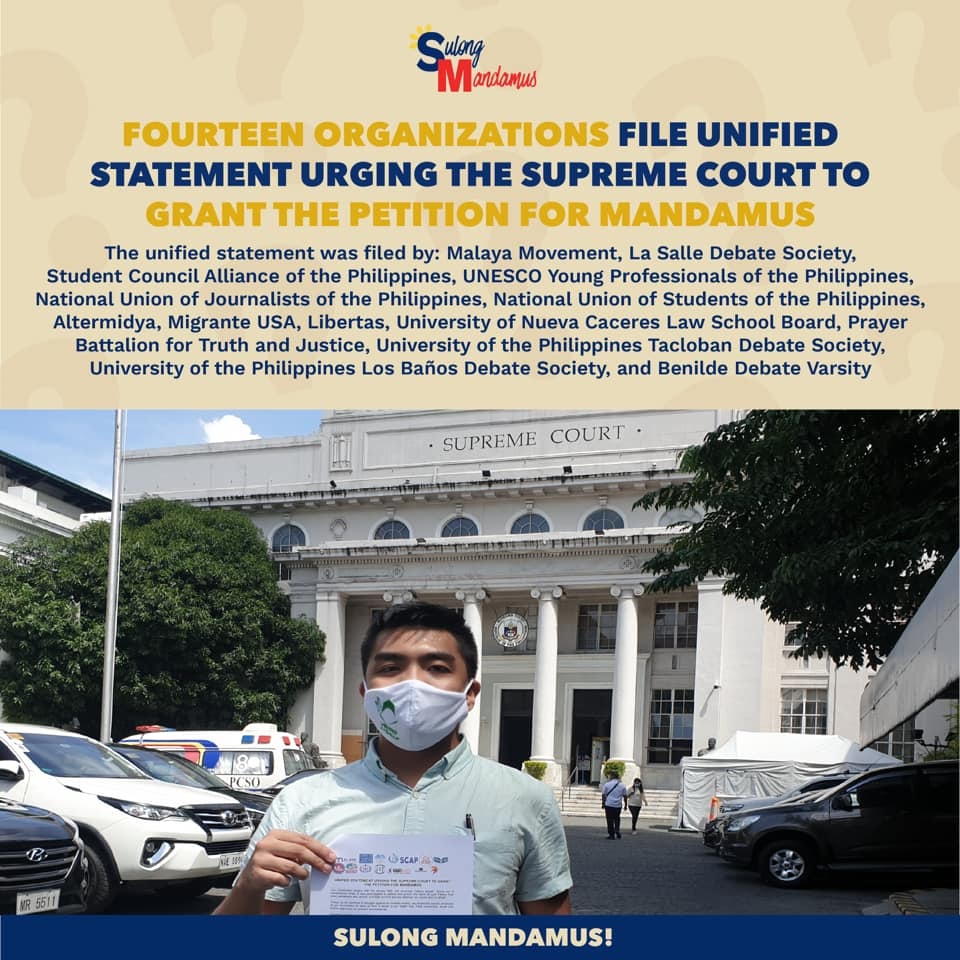
Moving forward
The legal luminaries also raised concern that the strength of democratic institutions cannot withstand the uncertainty brought by the lack of information on the president’s actual state of health.
Filing a unified statement to the Supreme Court on Aug. 27, about 14 organizations sought reconsideration of the petition given the president’s habitual disappearances from the public eye.
“By upending the tradition of meeting the press, he escaped being the subject to a running test of capability,” Santos said.
Without the definitive judgment of a medical expert to set the president’s medical records straight, the panel also proposed that Duterte resolve the issue by holding a press conference on real time instead.
Malacanang has consistently downplayed concerns on the state of Duterte’s health (See DUTERTE’S HEALTH SAGA: A TIMELINE. Here and here).
More recently, lawyer and Presidential Spokesperson Harry Roque backtracked on his statement that the president is on “perpetual isolation,” and apologized to the president, claiming that what he meant was that the Presidential Security Group (PSG) is strictly enforcing social distancing measures for Duterte.
The legal luminaries, in a statement, said: “Our country deserves nothing less than a healthy leader. Therefore, we demand transparency and accountability. These unprecedented times are calling for unprecedented measures, but we merely ask to be informed of the state of our President’s health.”
For one, Monsod said he believes the military can be a key figure in urging the president to disclose his health to the public. As of Aug. 29, eight retired military men serve as executive department heads in Duterte’s Cabinet.
“It must occur to them the Constitution is being wrongly interpreted by the Supreme Court,” said Monsod.
Sec. 12, Art. VII of the 1987 Constitution states that in case of serious illness, the military chief and members of the Cabinet in charge of national security and foreign relations “shall not be denied access” to the president.
The late Sen. Blas Ople, also one of the framers of the 1987 Constitution, justified the inclusion of this issue in the provision, stating:
“…the safeguarding of our national survival and security can be irretrievably impaired if the access of those in charge of national security and foreign relations is cut off.”
